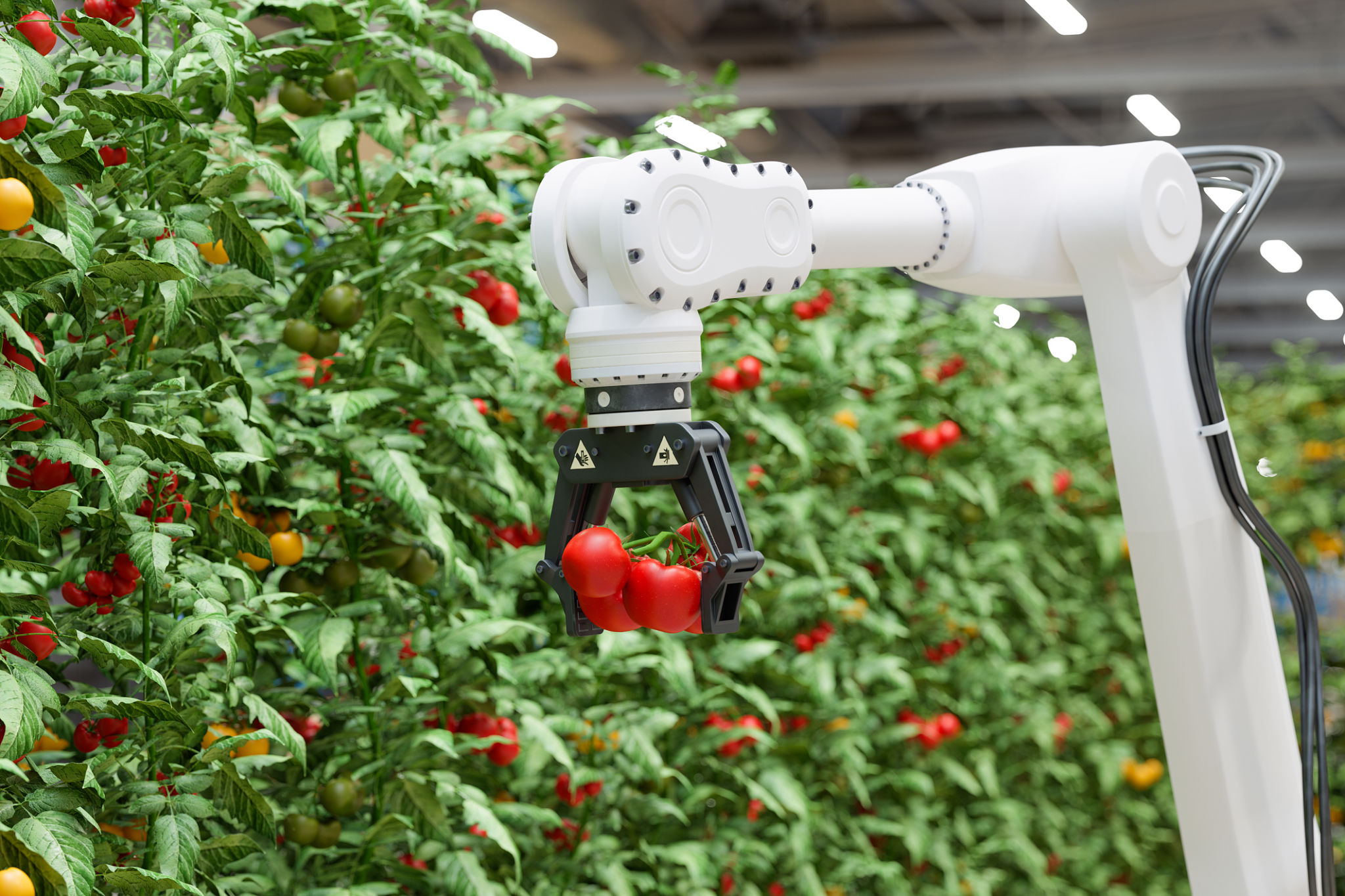Expert Tips on Maximizing Efficiency with Precision Agriculture Technology
Understanding Precision Agriculture Technology
Precision agriculture technology is revolutionizing the farming industry by enabling farmers to increase productivity and efficiency. This approach utilizes advanced technologies such as GPS, sensors, and data analytics to monitor and manage field variability. By understanding the specific needs of different areas in a field, farmers can optimize their inputs and maximize yields.
The core idea behind precision agriculture is to ensure that crops receive exactly what they need for optimal growth at the right time. This method not only increases efficiency but also promotes sustainable farming practices by reducing waste and minimizing environmental impact.

Key Technologies Driving Precision Agriculture
Several technologies are critical to the success of precision agriculture. These include:
- GPS Technology: Enables precise field mapping and positioning, allowing for accurate application of inputs.
- Remote Sensing: Uses aerial imagery and satellite data to monitor crop health and identify stress areas.
- Variable Rate Technology (VRT): Allows farmers to apply inputs such as fertilizers and pesticides at varying rates across a field, tailored to specific needs.
The integration of these technologies helps farmers make data-driven decisions, leading to improved crop management and resource allocation.

Benefits of Implementing Precision Agriculture
Implementing precision agriculture technology offers numerous benefits that extend beyond just increased efficiency. Here are some key advantages:
- Cost Savings: By applying inputs only where needed, farmers can significantly reduce costs associated with seeds, fertilizers, and water.
- Increased Yields: Precision farming ensures crops receive optimal care, leading to healthier plants and higher yields.
- Environmental Sustainability: Reducing input usage helps minimize the environmental footprint of farming operations.
These benefits make precision agriculture an attractive option for modern farmers looking to stay competitive in an ever-evolving industry.

Overcoming Challenges in Precision Agriculture
Despite its advantages, there are challenges associated with adopting precision agriculture technology. One major hurdle is the initial investment required for equipment and infrastructure. However, many experts suggest that the long-term savings and increased productivity can offset these costs.
Another challenge is the learning curve associated with new technologies. Farmers must invest time and effort into understanding how to use these tools effectively. Providing training and support can help overcome this barrier and ensure successful implementation.
Future Trends in Precision Agriculture
The future of precision agriculture looks promising, with ongoing advancements in technology continuing to enhance its capabilities. Emerging trends include the use of drones for more detailed field analysis, machine learning algorithms for predictive analytics, and blockchain technology for improved supply chain transparency.
As these technologies evolve, they will further empower farmers to make informed decisions, leading to more efficient and sustainable agricultural practices.
In conclusion, precision agriculture technology offers a wealth of opportunities for maximizing efficiency in farming. By leveraging data-driven insights and innovative tools, farmers can achieve better outcomes while promoting sustainability. As the industry continues to evolve, staying informed about the latest trends and advancements will be key to reaping the full benefits of precision agriculture.